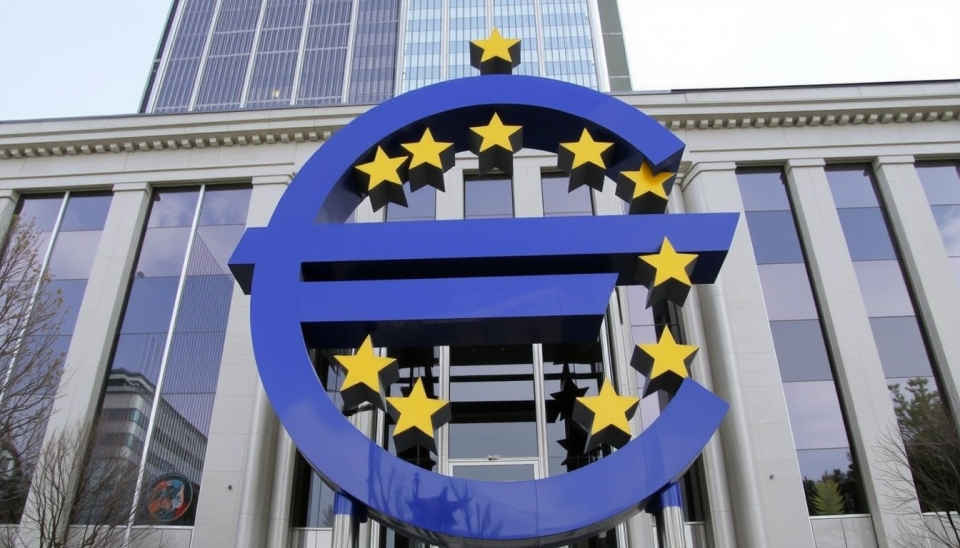Wage Growth Slows in Eurozone: New Expectations from the ECB

In recent months, economists and analysts have focused on wage data in the eurozone, which continues to show signs of slow growth. Information released in August 2024 indicates that the wage growth rates in the region have decreased, creating additional conditions for the European Central Bank (ECB) to revisit its monetary policy and potentially cut interest rates.
The wage data suggests that while core inflation in the eurozone remains high, the resulting growth in salaries is losing its momentum. This phenomenon might be attributed to several factors, including an economic slowdown and declining consumer demand. The bank is considering the extent to which these changes may affect inflation expectations and the overall economic environment in the region.
As wage growth weakens, there is an opportunity for the ECB to lower rates amid risks associated with the economic slowdown and its potential implications for financial markets. Economists are beginning to express concerns that persistent high inflation may require the bank to continue its tight monetary policy, but, for now, the situation remains uncertain.
At the same time, it is essential to consider that the slowing wage growth may also hint at a change in behavior among employers and employees, which, in turn, creates a new space for analyzing the economic dynamics of the region. Therefore, the coming weeks will be crucial for the ECB and the entire eurozone as they will become signals for future steps in economic policy.
Thus, the ongoing slowdown in wage growth could be a decisive factor for the ECB's future decisions, and markets will closely monitor changes in the eurozone's economic policies, inflation perceptions, and general labor market conditions.




